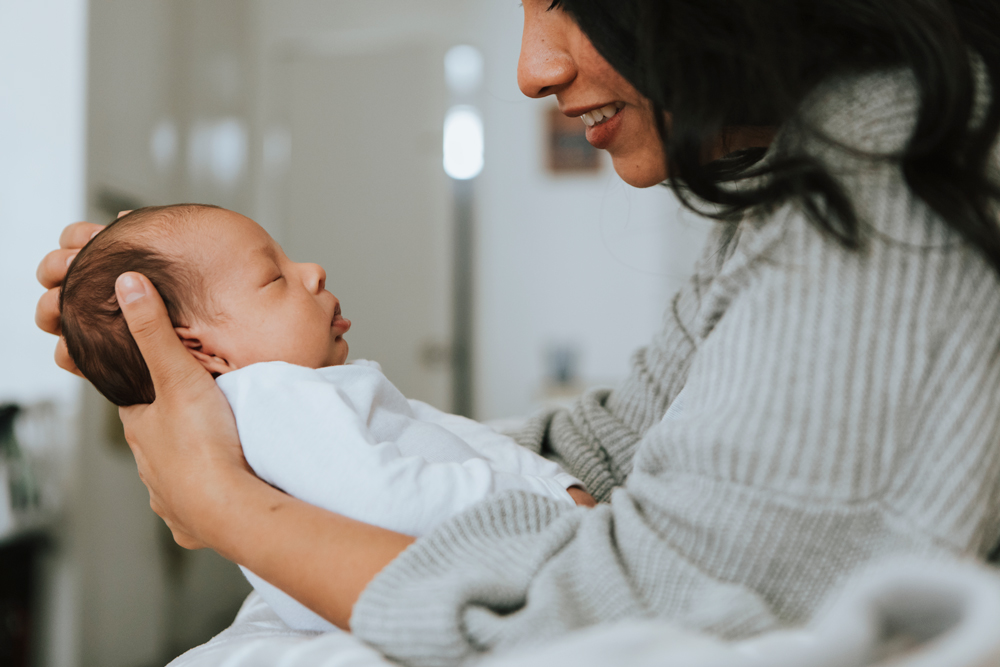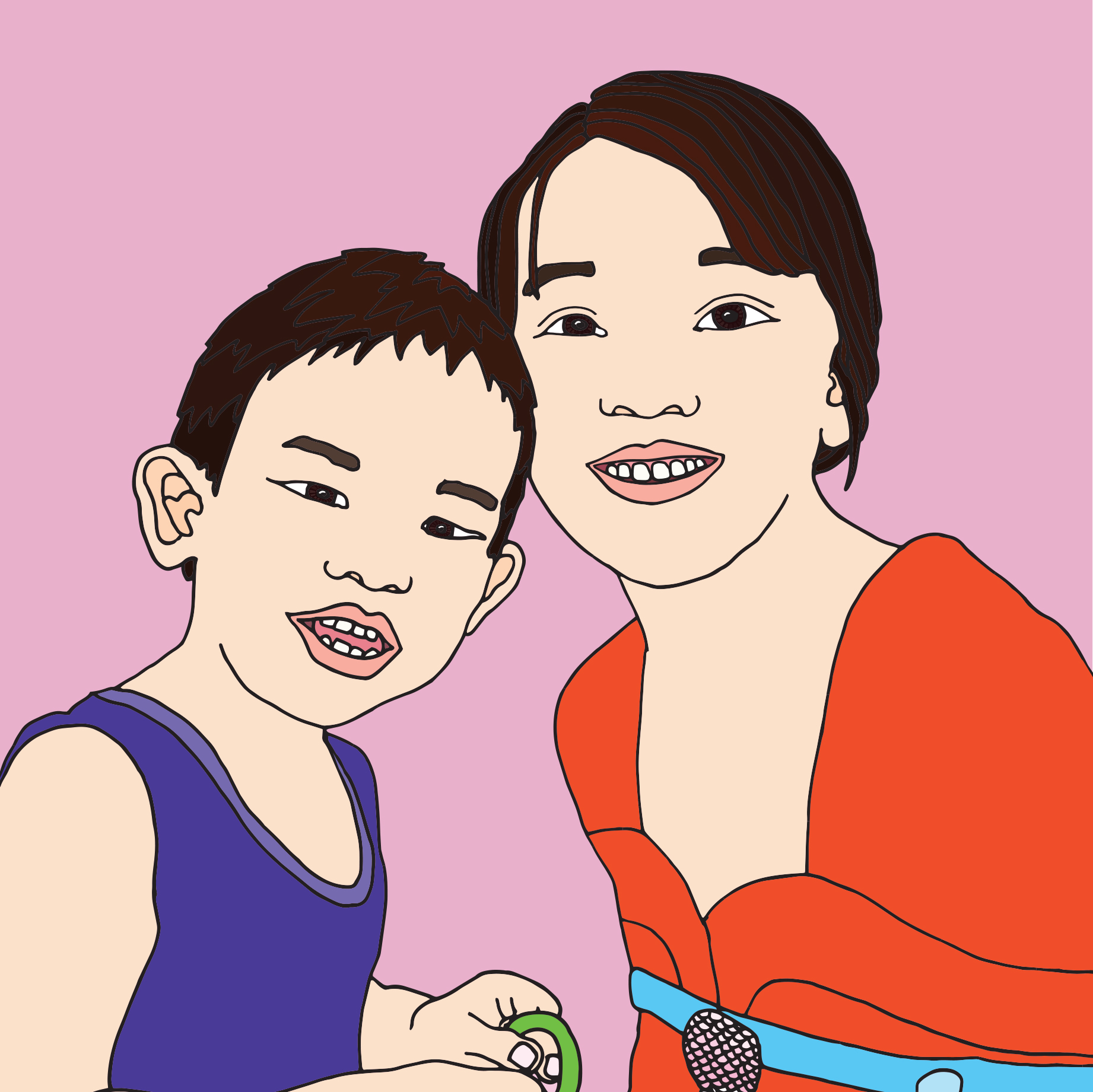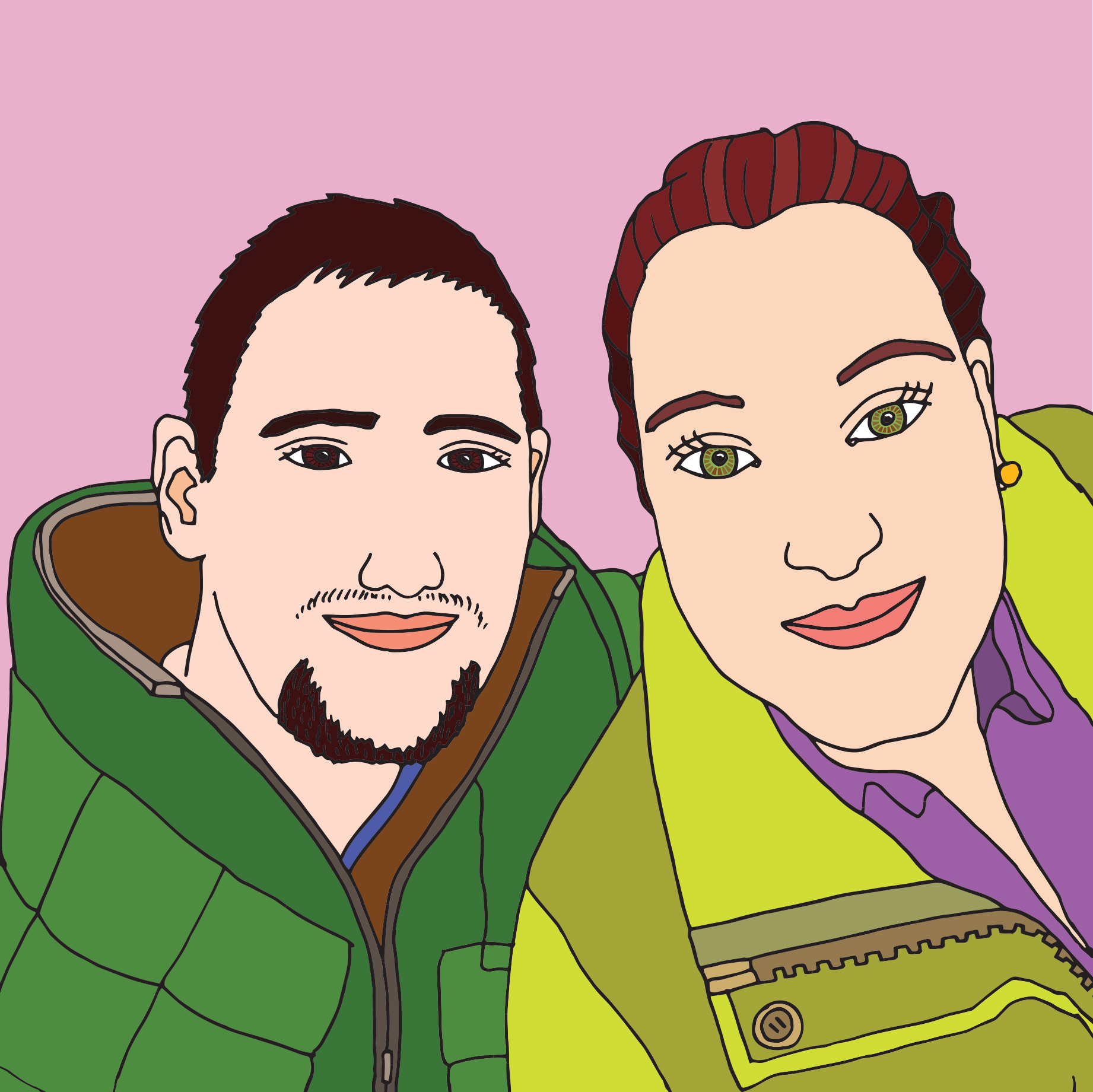Bonding With Your Pēpi: Why It’s Okay If It Isn’t Instant and How to Strengthen Your Bond, According to a Clinical Psychologist

We spoke to Vanessa Hornal, a registered clinical psychologist who works at reThink in Dunedin about what to expect with bonding, daily habits to practise with your baby, and when to seek help from a professional if you feel like your bond hasn’t developed yet.

Kia ora Vanessa. Can you start by introducing yourself? Tell us about your work at reThink.
Tēnā koe. I’m Vanessa Hornal, a registered clinical psychologist, who works at reThink in Dunedin. At reThink I work alongside other clinical psychologists, occupational therapists, speech-language therapists and a social worker to support tamariki and their whānau. My work is a mix of individual and family psychological assessment and intervention for all sorts of things including big emotions, challenging behaviours, developmental concerns, social communication and family support. I see lots of children for assessments for things like ADHD and autism spectrum disorder, for cognitive and educational assessments. I love working with young people around anxiety concerns, and I really enjoy supporting parents to be the best they can and to bring out the best in their children. I feel very privileged that people share their difficulties with me and love being able to help out.
What is ‘bonding’ between a parent and child? What should it feel like?
Bonding is made up of the feelings, thoughts, and actions (behaviours) that a parent has/does towards their baby. People often think of bonding as being the instant love and connection felt in the first moment, or even within a few hours of a baby’s birth, however bonding with your baby can take a while, and your feelings may wax and wane during the journey. Bonding is the feeling of being unconditionally connected with your baby, the intense “I would die for them” sort of feeling.
Why is bonding important?
Bonding helps establish the relationship between the parent and child. This helps the baby to attach to the parent/caregiver and helps the baby’s brain development, laying a foundation for their development and wellbeing. Any interaction you have with your baby will have an influence on their brain. Repeated positive experiences help the baby to learn that the world is a safe place and this then helps their development.
What is the difference between bonding and attachment?
This is a great question as they are often used interchangeably. Bonding is parent-driven: it is the feelings, thoughts, and behaviours of the parent towards the child; whereas attachment is how the baby builds their relationship with their primary caregiver. Both influence the baby’s development, bonding helps parents to connect to their child while attachment enables the baby to seek proximity and contact with a primary caregiver so that the baby’s needs are met.
What is ‘normal’ in terms of how a parent may feel when they meet their baby for the first time?
Gosh, there is a really wide range of ‘normal’ when meeting your baby for the first time – maybe it’s more like any feeling is normal! It wouldn’t be surprising to feel both positive feelings (e.g. happiness and excitement) and more ‘negative’ feelings (e.g. fear, sadness). It’s okay to feel whatever you feel – and sometimes this will be all over the place in short periods of time. Let people around you know how you are feeling and don’t be hesitant to ask for space if you need it.
Meeting your baby for the first time is a life changing moment that will have been greatly influenced by all of the circumstances around the pregnancy, labour, and birth. After a while and things are settled a bit more, if you still experience lots of the more ‘negative’ feelings, reach out for help.
Why don’t some parents bond instantly with their baby? Is there always a reason?
Bonding isn’t necessarily an instant thing. As a society I think we need to challenge that thought that it should be instant. A new mother has just been through a pretty massive experience and it may take a while to develop a bond. There is not always a reason that bonding doesn’t happen instantly. It is a process of getting to know your baby and through everyday caring for your baby a bond will develop.
If the head-over-heels-in-love feeling doesn’t happen instantaneously, how long might the bonding process take?
There’s no ‘time limit’ as such on this. Some mothers feel bonded, and demonstrate this in their behaviours towards their babies soon after birth, while for others at six months they may still be on this journey. Talking to your partner, whānau, friends, and health professionals about how you are feeling is a really good idea.
How can parents promote bonding with their baby?
There are lots of ways for all parents to bond with their baby. Holding them close so that they can hear your heartbeat, having skin-to-skin contact, and gazing into their eyes are simple things you can do early on. Allowing them to hear your voice lots – calm talking, rhythmic rhymes and singing, will elicit responses from your baby that will then encourage you to keep responding to them! Respond to your baby’s cries – even if you don’t know yet why they are crying. This helps with bonding and attachment. Focus on your baby and enjoying the moment with them.
What advice do you have for a secondary caregiver in particular?
Secondary caregivers are always an important part of a pēpi’s development. It is important to recognise there are a wide range of secondary caregivers playing all sorts of different roles in the baby’s life. A secondary caregiver will often be involved with the baby, with the mother/primary caregiver, and will also have a role themselves in the baby’s life. Start by supporting the mother in her parenting by asking what she needs and following through with it. Then look to have some time yourself with the baby to bond and develop your relationship – that is also important. Work with the mother to figure out what that will look like (e.g. could it be bath time one night a week, a walk on the weekend with the baby in the pram, taking the baby to a music and movement class?).
What are some simple daily habits that can help strengthen a parent-baby bond?
As described above, cuddles, eye contact, smiling, and facial expressions are a great place to start. Talking to your child – chattering as you go about your daily activities – is a great habit to get into. Singing, and reading books are also wonderful things to engage in with your pēpi. Of course, soothing touch and skin-to-skin contact. Follow your instincts as to what feels natural for you. Creating routines around bath and bed time are also great ways for everyone to help that parent-baby bond.
If a parent feels that they haven’t developed a bond with their baby, at what stage do you suggest they seek support from a healthcare professional? What help might they be able to receive?
The first thing to do is to not be hard on yourself if you feel that a bond hasn’t yet developed! There are people and resources that are there to help. While recognising that bonding can take a while (it can be six months or more) seek help as soon as you become concerned – it is important for you to feel really supported through the parenting journey.
Talking to your midwife, Whānau Āwhina Plunket (or calling their helpline), or your GP is a good starting point. They can talk through your concerns and help you with additional support if needed. Oftentimes some reassurance and some things to try at home are all that is needed. Or it may be that you are linked in with parent support or postnatal groups. Sometimes a referral for counselling may be made, particularly if postnatal depression may be a problem. The key thing is that you are reaching out with your concerns and you don’t need to work through it alone.



